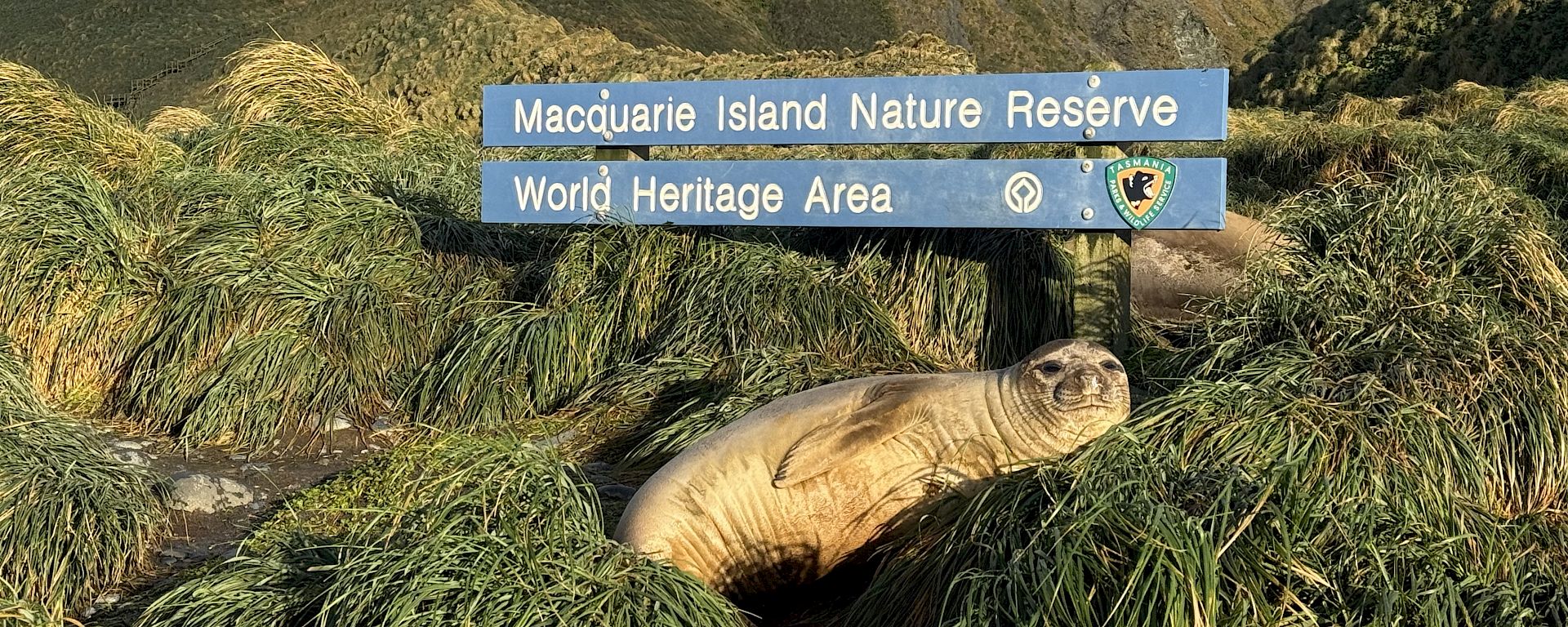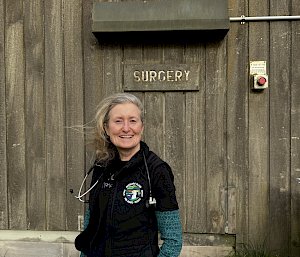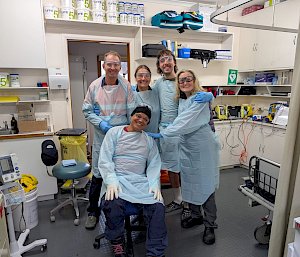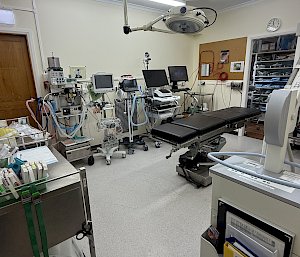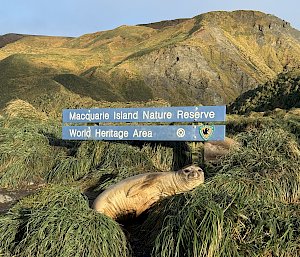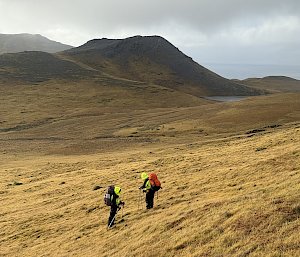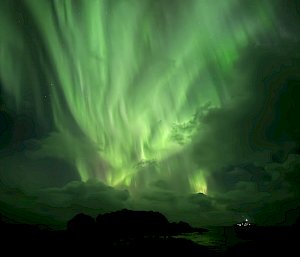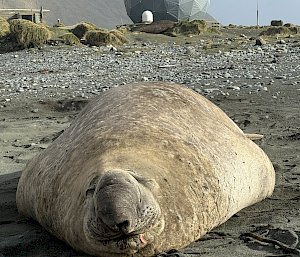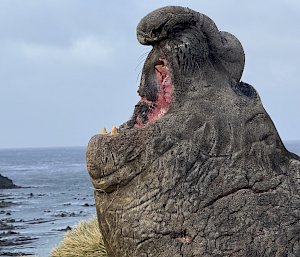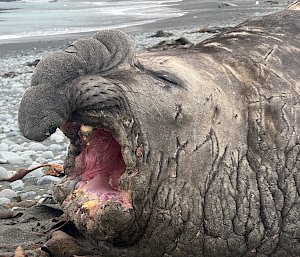Our island home
Four months into living and working on Macquarie Island and with Spring just around the corner has allowed me the chance to reflect on some of my time here so far.
It is indeed a privilege to share this experience with such a diverse and interesting collection of people that make up the 78th ANARE. Each of us contribute to the day to day running of the station and ongoing care of our temporary island home, fondly called the 'Green Sponge'.
My role is station Doctor and this sees me looking after the wellbeing of all expeditioners, managing our very comprehensive medical facility, monitoring the potable water on station and ensuring all remote field first aid kits are complete and updated. I also manage the ongoing training of the station, and regular training sessions with my invaluable and enthusiastic Lay Surgical Assistants, Cliff Simpson-Davis (combined trades) Conrad Willersdorf (carpenter), Sharon Labudda (met observer) and Ryan Wardle (carpenter). In the event of requiring assistance with any surgical or dental procedures I feel very lucky to have this very enthusiastic, effective and efficient team on board. Practicing medicine in this isolated, confined, extreme environment is an amazing experience for which I am truly grateful.
Our island home is a wild harsh place, relentless biting winds, rugged coastline, a place where nature reigns supreme. We share the isthmus with gentoo penguins, elephant seals, fur seals and numerous varieties of sea birds. The smell of salt and kelp is in the air, along with the unmistakable 'eau de penguin', Giant petrels soar and growl overhead and the elephant seals laze around like living boulders with their grunting, throaty roars.
We are seeing an increasing number of large male elephant seals along the isthmus. These large, hulking, scarred titans can grow up to 4-6 metres and weigh up to 4,000 kg.The males have a large, trunk-like nose (proboscis), that is used to produce loud roaring sounds during the mating season. The dominant males are called Beachmasters and control harems of females. Macquarie Island is one of their most important breeding grounds.
It is a privilege to be able to live on this precious UNESCO World Heritage site and be one of many custodians for a short period of time.
Dr Dee Mc Cormack
Station Doc

